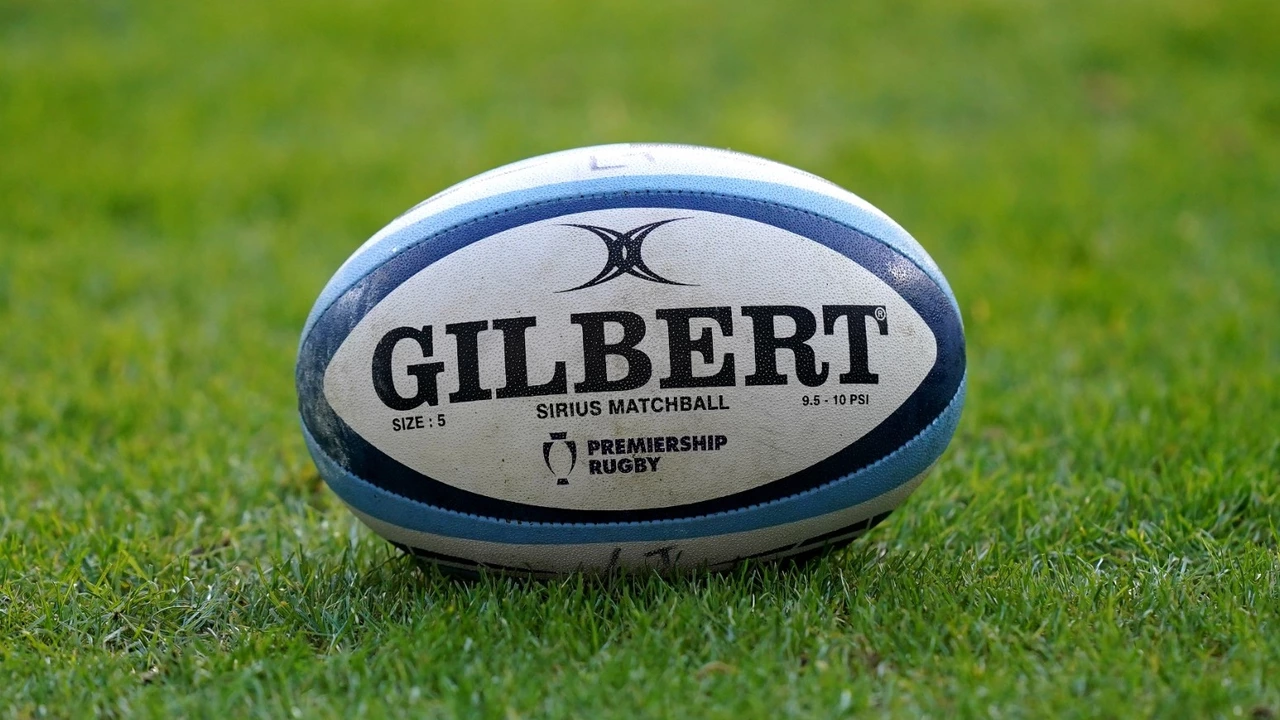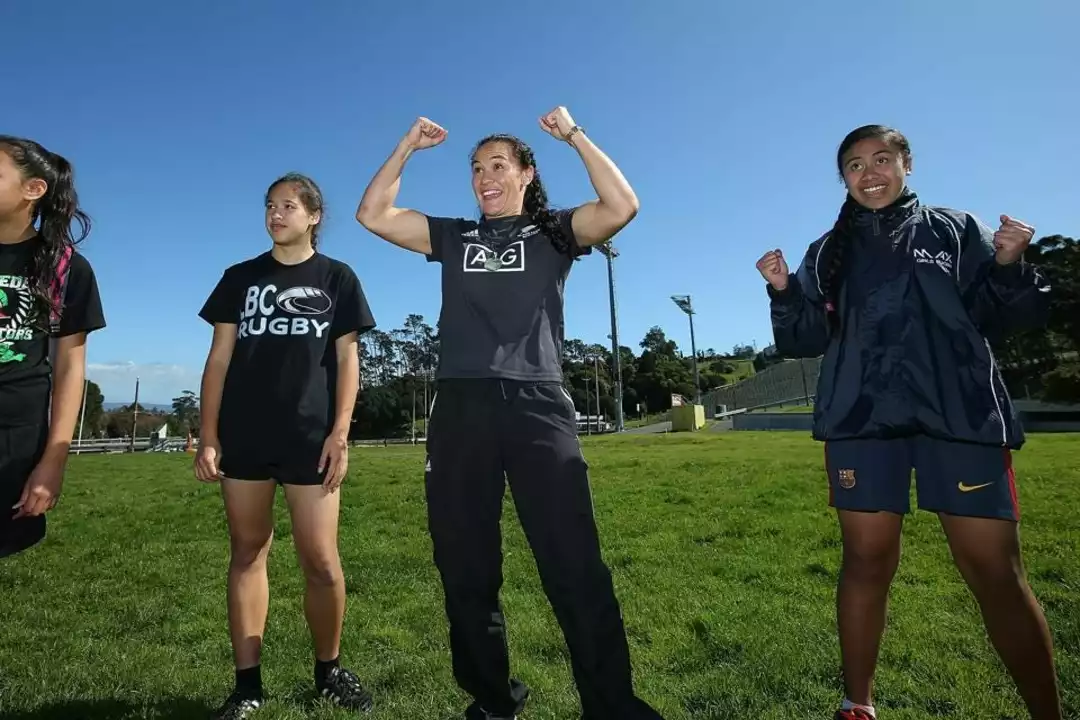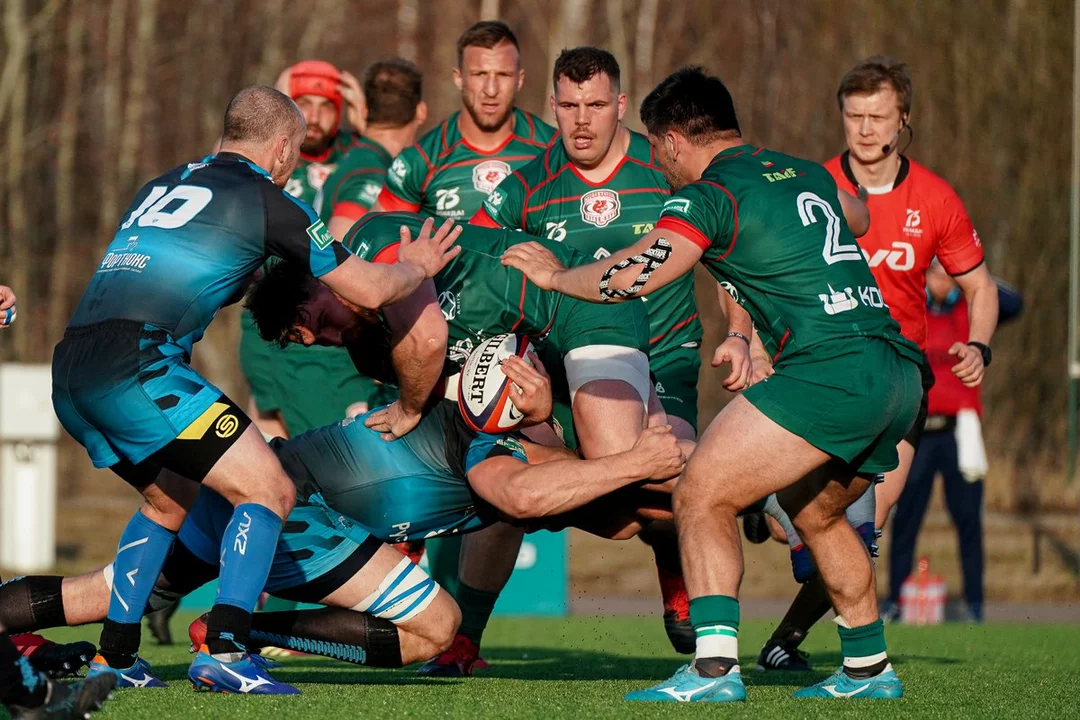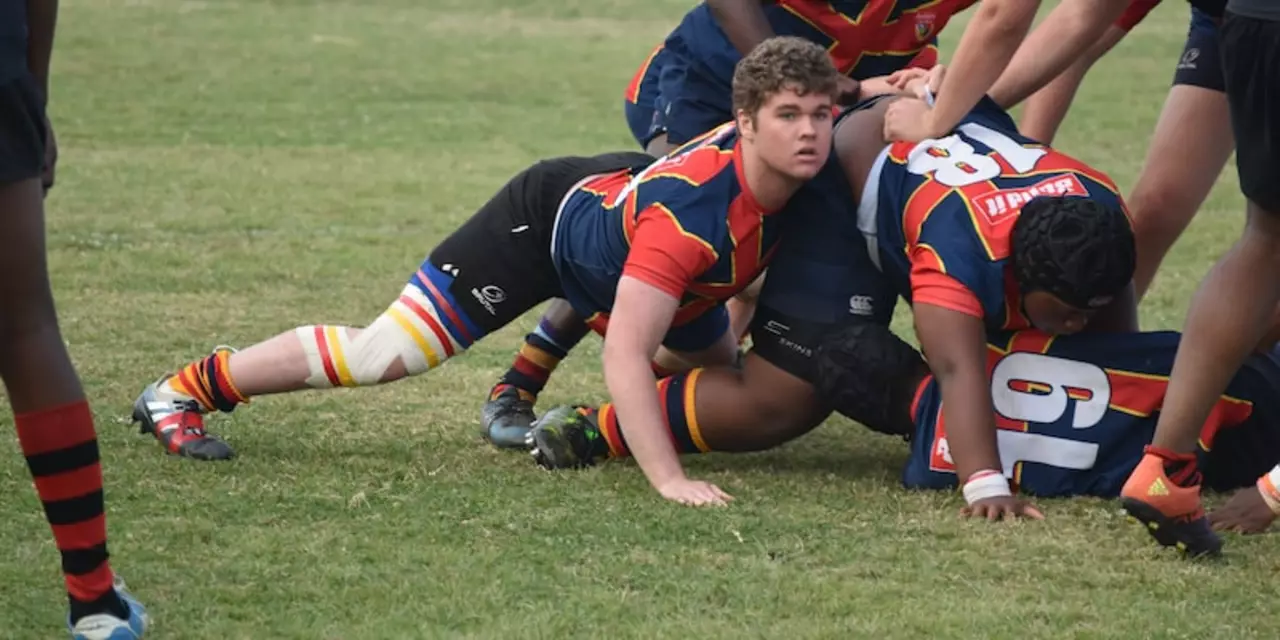Tag: rugby

What is your best rugby anecdote?
So, grab a brew and buckle up for this one! Picture this: the most unexpected rugby match under the stormy skies of Scotland, with me, a novice, right at the heart of it. Amidst the mud, the rain, and the fierce tackles, I found myself scoring the winning try, much to everyone's surprise, including mine. Now, if you think this is the stuff of legends, well, you're not entirely wrong! So here's to the unpredictable world of rugby, where even the unlikeliest of heroes can have their moment of glory.

What is rugby called in England?
In England, the sport we're all familiar with as rugby is simply called "rugby". However, it's important to note that there are two distinct types of the game in England; Rugby Union and Rugby League. Rugby Union is often just referred to as "rugby", while Rugby League is commonly known as "league". Both versions are popular, but they have different rules and traditions. So next time you're in England, make sure you specify whether you're up for a game of 'rugby' or 'league'!

What are the best rugby teams in Australia?
Australia is home to some of the world's best rugby teams. The Australian Wallabies are the most successful, having won the Rugby World Cup twice and held the top ranking in the world for a decade. The National Rugby Championship is the premier domestic rugby league in Australia, with teams from all states and territories competing for the championship. Other notable teams include the Queensland Reds and the New South Wales Waratahs, who have both won the Super Rugby title multiple times. The Brumbies, Western Force, and Melbourne Rebels are also popular teams in Australia. For those looking for a thrilling game of rugby, Australia is the place to be!

Does body size/body type matter in Rugby?
Rugby is a physically demanding sport, but does body size or body type really matter? While size and shape can affect how a player performs, it is not the only factor in determining success. Players need to be strong, agile and have excellent technique to excel at rugby. A larger player may have an advantage in certain situations, but smaller players can often out-maneuver opponents and make up for their lack of size. Ultimately, the most important factor in rugby is skill and stamina, not body size or body type.

Do rugby fans tend to be friendly?
Rugby fans are some of the most passionate, friendly and welcoming people you could ever meet. From the moment you walk into a stadium, you'll be embraced by a culture of warmth and acceptance, regardless of who you are or where you come from. Whether you’re a hardcore fan or a casual observer, you’ll be welcomed with open arms and included in the festivities. Rugby fans are known for their camaraderie, enthusiasm and commitment to the sport, often going above and beyond to make sure everyone has an exceptional experience. The atmosphere at a rugby match is one of unity, respect and shared enjoyment, making it a great place for fans of all backgrounds to come together and celebrate the sport.
How do you become a rugby referee?
Becoming a rugby referee requires dedication and commitment to the sport. To start, you'll need to take an entry-level referee course, covering the basics of the game and the rules. You'll then need to build up your refereeing experience by officiating in lower-league games and youth matches. As your experience grows, you can apply for a place on the national referee panel, which will allow you to officiate in higher-level matches. Regular attendance at training sessions and seminars will help you to stay up-to-date on the latest rules and regulations. In order to reach the top, you'll need to demonstrate focus, passion, and the ability to make tough decisions under pressure. So, if you have the skills and determination, you could become a rugby referee!

What do Americans think about rugby?
This article explores how Americans perceive rugby and its popularity in the U.S. Rugby is not as well known in the U.S. as in other countries, but it is slowly becoming more popular. The article examines the reasons why Americans may be hesitant to get involved in the sport, such as its physicality and unfamiliarity with the rules. It also examines the opportunities that exist for American fans to get involved in the sport and how it is becoming more accessible. Overall, Americans are showing more interest in rugby and its potential to become a major sport in the U.S.

Is rugby a posh sport?
Rugby has traditionally been seen as a sport associated with the upper and middle classes. This is due largely to the fact that it was first played in the elite schools of England. Despite this, the sport has become increasingly popular in recent years and is no longer seen as a purely "posh" sport. There are now rugby clubs in all parts of the country, with participants from all social backgrounds. While there is still a perception that rugby is an expensive and exclusive sport, this is not always the case, as many clubs offer affordable membership fees. Ultimately, rugby is a sport that is enjoyed by people from all walks of life and should not be seen as a sign of social status.
© 2026. All rights reserved.